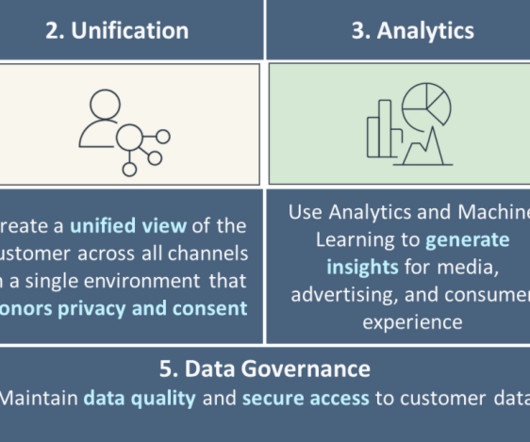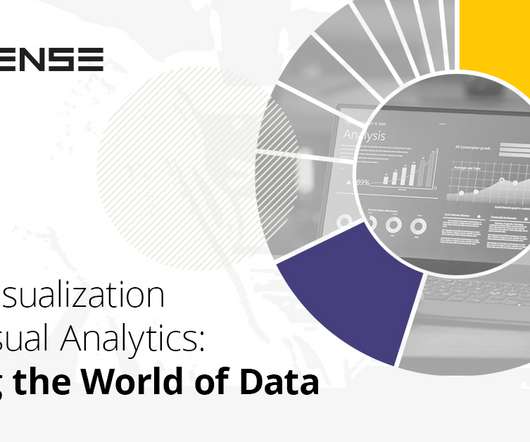Data science vs data analytics: Unpacking the differences
IBM Big Data Hub
SEPTEMBER 19, 2023
Overview: Data science vs data analytics Think of data science as the overarching umbrella that covers a wide range of tasks performed to find patterns in large datasets, structure data for use, train machine learning models and develop artificial intelligence (AI) applications.














Let's personalize your content